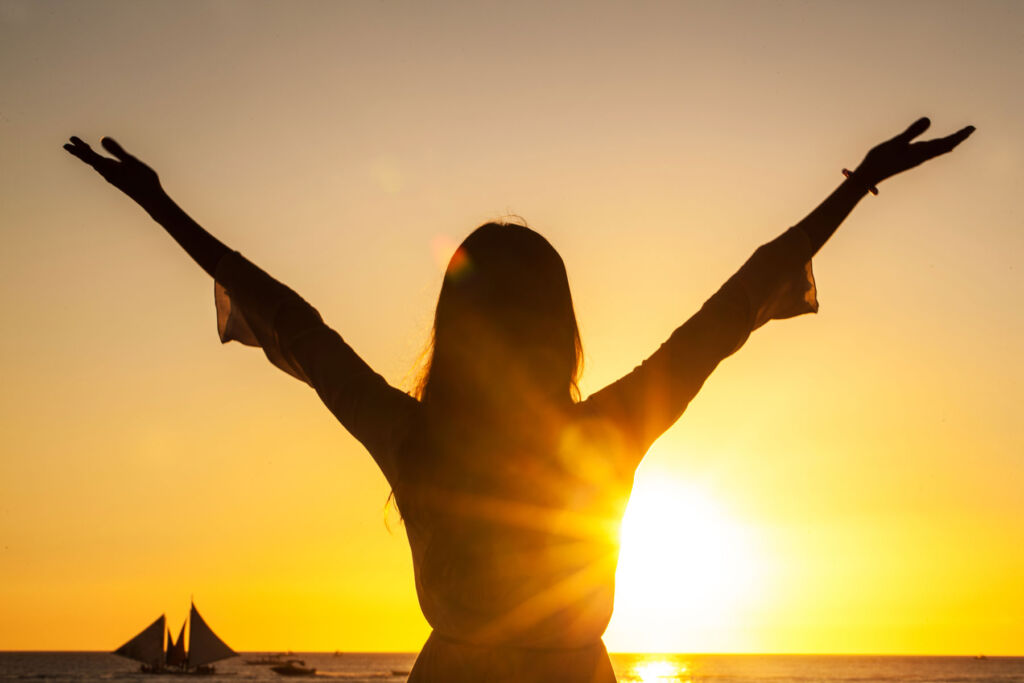
With the clocks having moved back on October 27th, many of us are now grappling with the familiar yet unwelcome shift: the loss of an hour of daylight. While this biannual tradition marks the end of British Summer Time, it also brings mixed emotions. For some, the shorter days signal the onset of cosy evenings and festive spirit; for others, they evoke feelings of melancholy and unease.
The Impact of Losing Daylight
Research shows that the transition to shorter days can significantly affect our mood and mental well-being. As daylight decreases, many individuals experience a phenomenon known as Seasonal Affective Disorder (SAD), which can lead to symptoms of depression, fatigue, and anxiety.
A study found that nearly 20% of people in the UK report feeling more depressed during the darker months, highlighting the need for effective coping strategies.
Alex Dyer, psychologist and Head of Travel at Ski Vertigo has a unique perspective on this issue. His experience in the travel industry, combined with his background in psychology, allows him to understand how seasonal changes affect individuals.
“The change in daylight can disrupt our circadian rhythms, leading to feelings of lethargy and sadness. At Ski Vertigo, we often help people overcome mental barriers to adventure, whether it’s facing fears on the slopes or coping with seasonal shifts,” he explains. “It’s important to recognise how this shift impacts us and to proactively address these feelings.”

Coping Strategies for the Clock Change
Fortunately, there are several strategies to help navigate the emotional challenges posed by the changing clocks:
Embrace Morning Light – With shorter days, maximising exposure to natural light during the day is essential. Try to spend time outdoors in the morning, whether a brisk walk or a quick coffee break in the sun. Morning light can help regulate your body clock and improve mood.
Create a Cosy Atmosphere – As the evenings grow darker, embrace the opportunity to create a warm and inviting home environment. Use soft lighting, light candles, and decorate with warm tones to foster a sense of comfort and relaxation.
Stay Active – Regular physical activity has been shown to improve mood and reduce anxiety. Whether it’s joining a local gym, taking up yoga, or simply walking, staying active can help combat the negative effects of shorter days.
Connect with Others – Social interaction is crucial for mental well-being. Plan gatherings with friends or family, whether it’s a dinner party, game night, or simply a phone call to catch up. Maintaining strong connections can alleviate feelings of isolation that often accompany the winter months.

Practice Mindfulness – Mindfulness practices such as meditation, deep breathing, and journaling can help ground you during this time of transition. Taking a few moments each day to focus on your mental state can cultivate resilience against seasonal blues.
Looking Ahead
As we adjust to the recent clock change, it’s important to acknowledge our feelings and take steps to support our mental health. Alex encourages individuals to take control of their well-being: “By implementing these strategies, we can not only cope with the loss of daylight but also find joy in the cosy moments that the season brings. At Ski Vertigo, we teach individuals to embrace challenges, whether on the slopes or in daily life, and this is an opportunity to tackle the mental hurdles that come with winter.”
This winter, while the days may be shorter, the opportunity for connection and self-care is brighter than ever. Embrace the change, and remember that it’s okay to seek support as we navigate this seasonal shift together.

![]()




You must be logged in to post a comment.